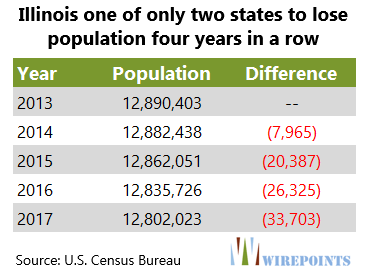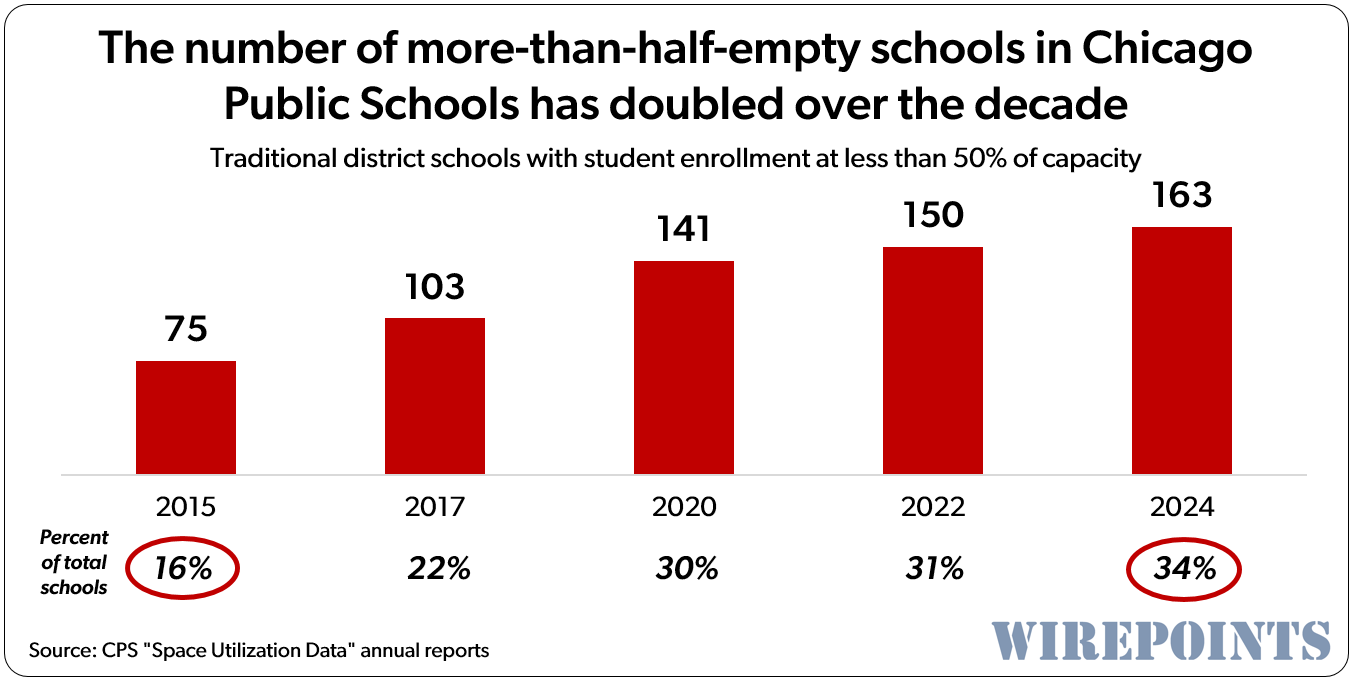By: Ted Dabrowski
To see what a reform-oriented Illinois might look like under different state leadership, just look at what’s happened the last few months in the small village of Lakewood, Illinois.
Since a new board was elected last year, the Village of Lakewood has abolished its TIF, reduced the village’s property tax levy and even returned some tax dollars back to residents located in the terminated TIF. Village President Paul Serwatka and its reform-oriented trustees have delivered on their promises.
You probably won’t hear a similar story anywhere throughout the state.
In most municipalities, property taxes and other fees continue to rise. That’s the case whether it’s in wealthy villages like Wilmette and or in less affluent cities like Danville.
Illinois already has the highest property taxes in the nation and those hikes will only make things worse.
And in other cities, officials are pushing for more TIFs despite the perils of letting politicians dole out taxpayer funds to property developers.
Unfortunately for Illinoisans, most municipalities in the state continue to pursue the same policies that have left Illinois with a shrinking population for four years in a row.

Serwatka’s approach has been the just the opposite.
To start with, he made a commitment he’d abolish the 600-acre TIF that was established in 2015. He opposes letting local officials pick winners and losers so they can subsidize corporations at the expense of taxpayers. He’s concerned about the corruption that’s been found in far too many TIFs.
“In Lakewood, the TIF was an enormous amount of money for the size of our community. It was entirely too risky. All the risk was being put on the taxpayers of the village and the surrounding area.”
The TIF was abolished late last year. And the households that had some of their tax dollars diverted to TIFs? Serwatka and the board recently announced they’d return the unused money back those households.
As for property taxes, Serwatka and his board allies ran on a platform of reducing them, not increasing them. The board announced in December the tax levy for the village would drop by 10 percent.
To get there, the board didn’t cut services. Instead they focused on cutting back a top-heavy bureaucratic administration. They consolidated roles and reduced duplication. No services were cut.
“We were able to create efficiencies and remove redundancies and show a real reduction in administrative costs…with zero reduction in any services. And with those reforms in place, we were able to invest more in our police presence and on our winter roads.”
It goes to show you what can happen when leaders actually make their budgets work through reforms.
The Village of Lakewood might be just one small village in Illinois. But it’s showing the rest of the state what sensible reform can look like in Illinois.

 A set of state lawmakers want to extend CPS’ current school closing moratorium to February 1, 2027 – the same year CPS is set to transition to a fully-elected school board. That means schools like Manley High School, with capacity for more than 1,000 students but enrollment of just 78, can’t be closed for anther three years. The school spends $45,000 per student, but just 2.4% of students read at grade level.
A set of state lawmakers want to extend CPS’ current school closing moratorium to February 1, 2027 – the same year CPS is set to transition to a fully-elected school board. That means schools like Manley High School, with capacity for more than 1,000 students but enrollment of just 78, can’t be closed for anther three years. The school spends $45,000 per student, but just 2.4% of students read at grade level.
 Hopefully, all media will get the message, in Illinois, too.
Hopefully, all media will get the message, in Illinois, too. Ted joined Tom Miller of WJPF to talk about Illinois’ highest-in-the-nation property taxes, why lawmakers don’t want to touch the tax’s cost drivers, just how much Illinoisans’ tax burden has grown over the decades, why Gov. Pritzker failed to meet his promise to reform property taxes, and more.
Ted joined Tom Miller of WJPF to talk about Illinois’ highest-in-the-nation property taxes, why lawmakers don’t want to touch the tax’s cost drivers, just how much Illinoisans’ tax burden has grown over the decades, why Gov. Pritzker failed to meet his promise to reform property taxes, and more.
Been looking for the article in the tribune. Hmmm, a bit of underreporting?
The articled linked in the sentence, “The TIF was abolished late last year.” does not mention Lakewood.
Thank you, Mike. Fixed.